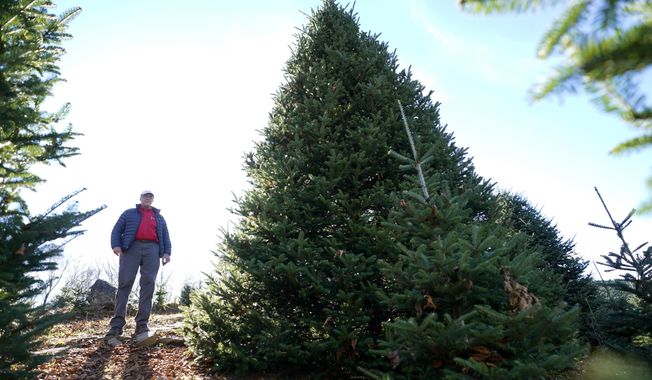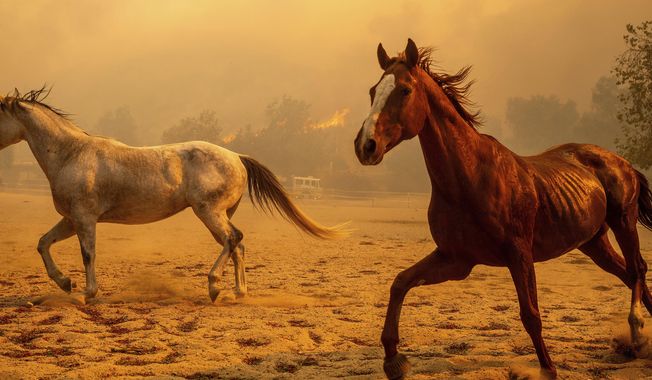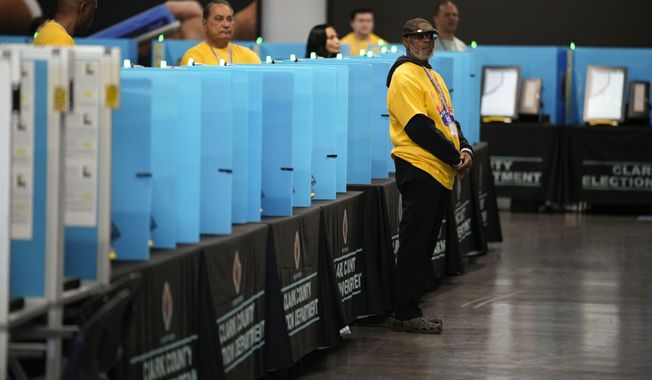
In this Nov. 4, 2010 photo, Moses Bec, Carter Center field officer, uses a flip chart to explain to residents of Rakaweng cattle camp in Sudan how to prevent contracting guinea worm. He is holding a soiled and unusable water filter which was found by Carter Center staff on the ground in the cattle camp. The Carter Center distributes simple tools like cloth filters to local communities in remote Awerial County, in Lakes State, Southern Sudan, to encourage people to drink clean water instead of drinking directly from ponds contaminated with guinea worm. Cattle keeping communities in places like Awerial County, however, are sometimes resistant to using these devices, so the Carter Center conducts frequent health education sessions in the cattle camps in order to encourage regular use of the filtering devices. (AP Photo/Maggie Fick)
Featured Photo Galleries



Trump Transition: Here are the people Trump has picked for key positions so far
President-elect Donald Trump has announced a flurry of picks for his incoming administration. Get full coverage of the Trump transition from The Washingon Times.

Trump dances onstage, takes post-election nation by storm
President-elect Trump dances onstage










